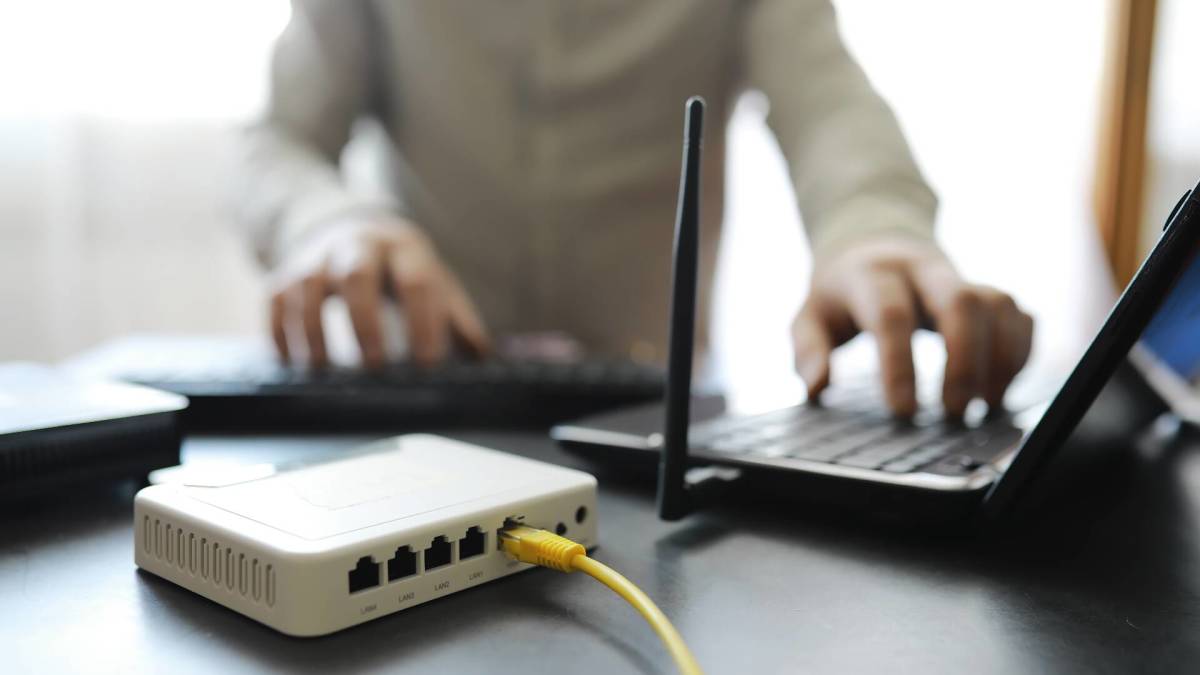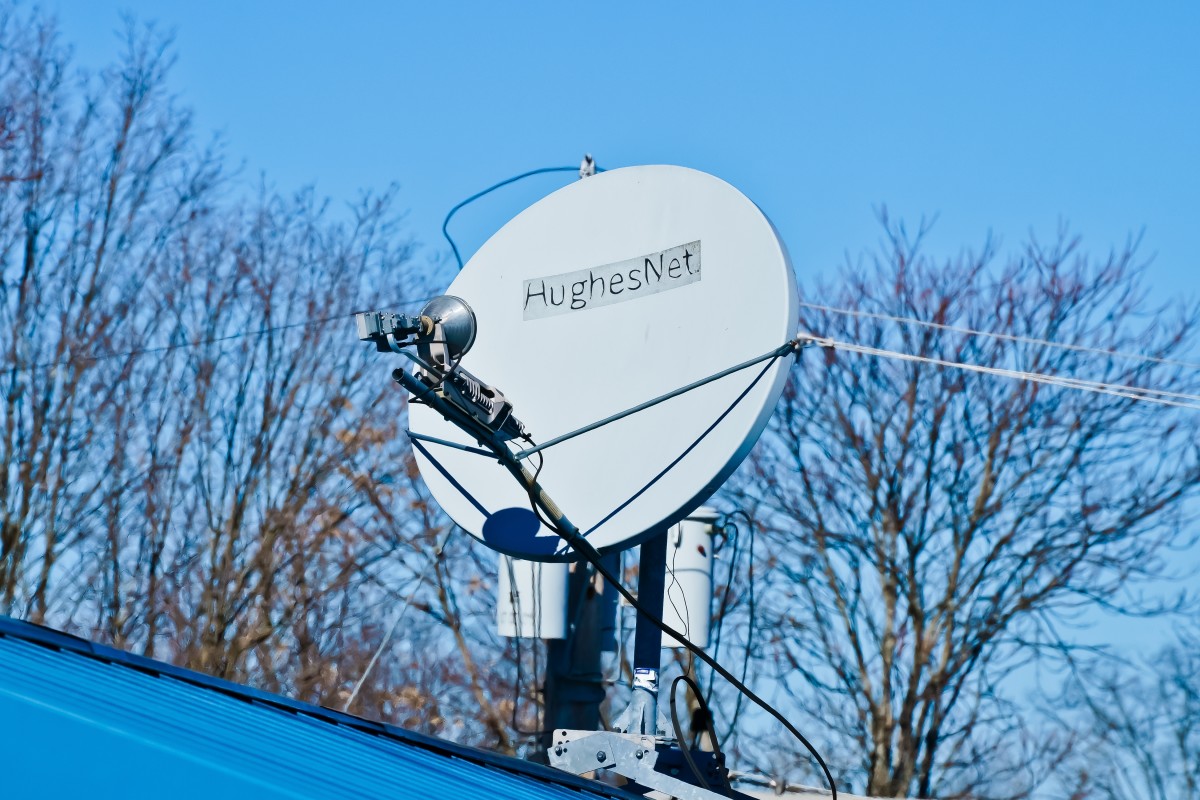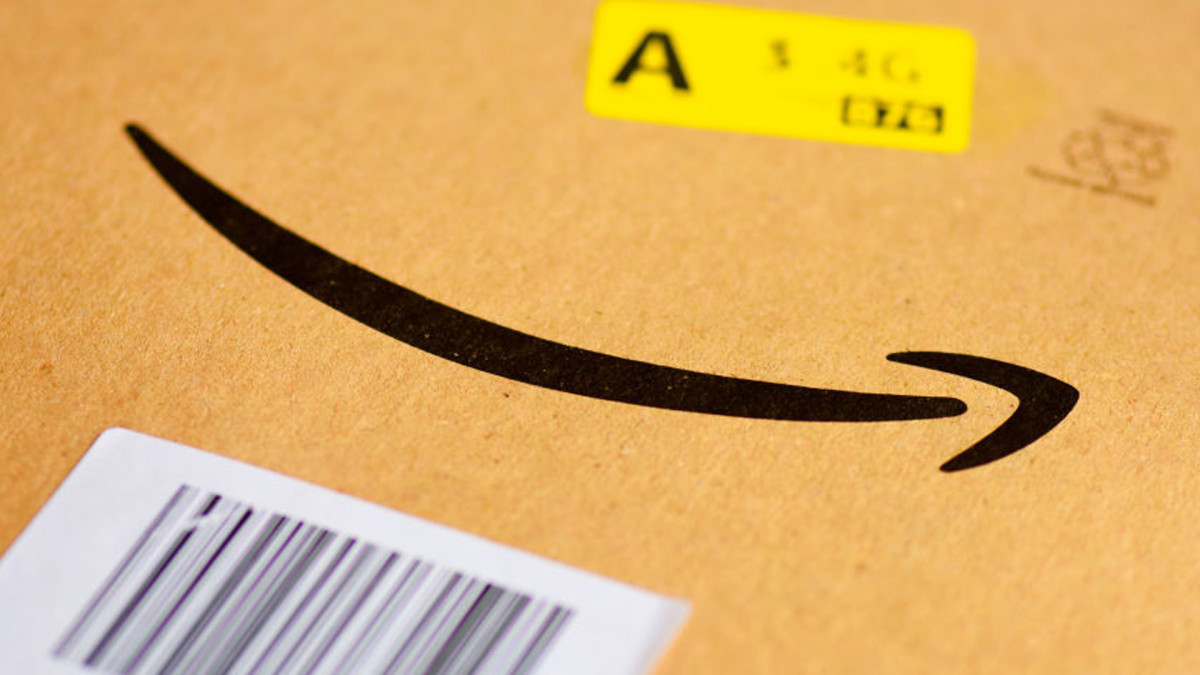29-year-old internet provider plans to cut ties with customers
A popular internet provider makes a bold move amid struggles.

Consumers nationwide are growing increasingly frustrated with a trend that is impacting their wallets: rising prices for internet services.
A recent CNET survey found that 63% of U.S. adults experienced a price increase for their home internet service in the past year. On average, they paid $195 more for internet in 2024 than in 2023.
To save money, consumers are ditching traditional internet service providers, such as Spectrum and Xfinity, in droves as they explore newer, more affordable internet options.
How Americans are responding to rising internet prices:
- About 43% of Americans said the cost of their internet service increased the most in 2024 compared to other home services.
- The average price hike for internet services was $20.78.
- Also, 53% of Americans are most frustrated by their internet service having hidden fees, while 39% are frustrated with price hikes after a promotional period ends.
- Nearly 3 in 4 Americans canceled, downgraded, or considered switching internet providers due to high prices.
Source: Reviews.org
While many consumers are flocking to fixed wireless internet services (also known as 5G home internet), a more affordable option, others are also exploring satellite internet services.
In 2019, SpaceX launched Starlink, its satellite internet service, which has attracted over 6 million customers to date, with plans priced between $40 and $120 per month.
The service is available in over 125 countries across all seven continents and has high demand in rural and urban areas. Quilty Space analysts predict Starlink will generate $11.8 billion in revenue by the end of the year.
Hughesnet makes unexpected move as it loses customers to Starlink
The rapid growth of Starlink spells trouble for Hughesnet, which has provided satellite internet to consumers nationwide since 1996 through three main satellites.
In recent months, Hughesnet, owned by EchoStar, experienced significant customer losses. Within the nine months before Sept. 30, the internet provider lost 100,000 broadband customers, which is steeper than the 92,000 it lost during the same period in 2024, according to a recent 10-Q SEC filing from Hughesnet.
As it loses customers, on Sept. 8, EchoStar entered a $17 billion agreement with SpaceX to sell the company's AWS-4 and H-block spectrum licenses. Shutershock/Yingna Cai
This deal will reportedly result in Hughesnet referring its customers to join Starlink, according to the 10-Q SEC filing.
“The commercial agreements will also provide for a fee-based referral program that lets us refer existing HughesNet customers and new Starlink customers to SpaceX,” said Hughesnet in the document.
The company did not specify when the referral program will launch or what the compensation rates will look like.
Related: Spectrum raises red flag on cause of fleeing customer problem
Hughesnet also warned that as it runs out of cash, it is growing concerned about its ability to continue operations in the near future.
“We currently do not have the necessary cash on hand, projected future cash flows or committed financing to fund our obligations over the next twelve months, which raises substantial doubt about our ability to continue as a going concern,” said Hughesnet in the filing.
Hughesnet struggles to beat growing competition
The move from Hughesnet comes after EchoStar Chief Operating Officer Paul Gaske said during an earnings call on Nov. 6 that the satellite internet provider is in the process of catering more to its enterprise customers as it faces heightened competition.
“We have been on a multi-year journey at Hughes at least three years now to transition that business more towards an enterprise business from a consumer business,” said Gaske.
“Purely from the realization and understanding that the consumer connectivity to satellite is now highly competitive given SpaceX’s offerings and perhaps in the future other Leo (low-Earth orbit) offerings such as Kuiper," he said. "We recognized years ago that we could not have a Leo system on a broadband side to compete with those.”
More Telecom News:
- T-Mobile announces free offer for Verizon and AT&T customers
- Verizon CEO sounds alarm on why customers are leaving in droves
- Spectrum raises red flag on cause of fleeing customer problem
It is no surprise that Hughesnet is struggling to compete with Starlink and other rivals. According to a recent survey from CableTV.com, Starlink has the highest approval score among U.S. consumers (94%) compared to other internet providers. Hughesnet has an approval score of only 51%.
"Hughesnet is an inferior product," said Dan Kline, co-editor-in-chief at TheStreet. "It met a need that Starlink does a much better job filling."
Top five internet providers based on approval ratings:
- Starlink (94%)
- Google Fiber (84%)
- T-Mobile (82%)
- Verizon (81%)
- Xfinity (79%)
Source: CableTV.com
“Starlink continues its first-place sweep in this section with a whopping 94% approval score, and it’s once again followed by Google Fiber and T-Mobile 5G Home Internet,” wrote Eric Chiu, CableTV.com internet editor, in the survey. “These three ISPs (internet service providers) target very different markets but found success by overdelivering on customer expectations for areas like reliability, performance, and value.”
Amazon is also expected to pose additional challenges for Hughesnet, as the online retail giant plans to launch its own satellite internet service, Amazon Leo (previously known as Project Kuiper), soon.
Amazon Leo has over 150 satellites in orbit and will offer three tiers of satellite internet service: one that delivers speeds of up to 100 megabits per second, another that features a standard antenna with downlink speeds of up to 400 megabits per second, and a model that provides speeds of up to 1 gigabit per second.
Amazon Leo reportedly plans to begin service by the end of the year in unspecified locations and offer full global coverage by 2028.
Related: Amazon to soon launch big offer for frustrated internet customers
What's Your Reaction?




















































